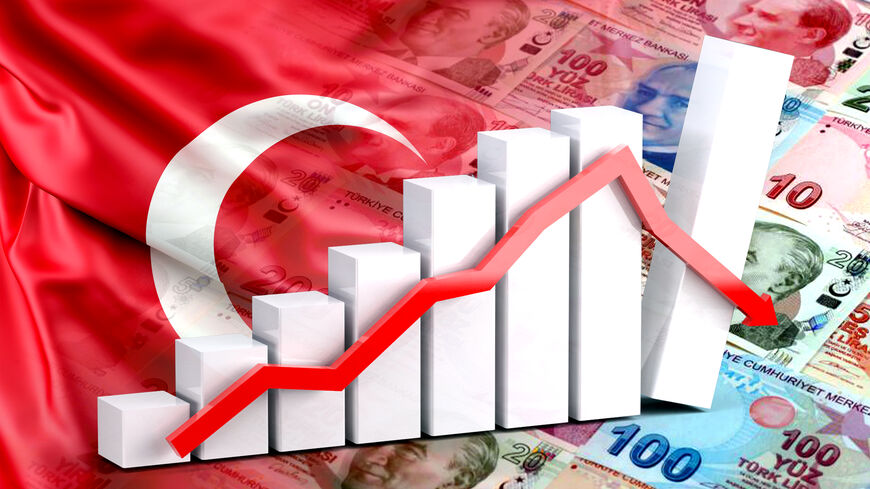ANKARA — The monetary policy committee kept its one-week repo auction rate on hold even as Turkey’s annual inflation continued to rise to 67.07% in March and monthly consumer prices climbed by 3.16% from February, according to data released earlier this month by Turkish Statistical Institute.
“Considering the lagged effects of the monetary tightening, the committee decided to keep the policy rate unchanged, but reiterated that it remains highly attentive to inflation risks,” the committee said in a statement after its monthly meeting Thursday.
The decision comes after an unexpected hike of 500 basis points last month that increased rates from 45% to 50%, resuming monetary tightening after a one-month pause.
“The monetary policy decisions in March have led to a significant tightening in financial conditions,” read the statement, which repeated its pledge to maintain a tight monetary policy “until a decline in inflation is observed.”
Central Bank Governor Fatih Karahan, who paid a visit to the United States last week for the IMF’s spring meetings, reasserted the bank’s target of reducing inflation to 36% during a presentation released by the bank. According to the bank’s projections, inflation is expected to peak in May before starting to decline.
As Turkey faces a cost-of-living crisis, the country's central bank delivered consecutive rate hikes starting from June. Following the May elections, President Recep Tayyip Erdogan abandoned his unconventional monetary policy of keeping interest rates low despite skyrocketing inflation.
The bank raised borrowing costs from 8.5% to 45% from June to January in an aggressive hike run. After a pause in February, the bank delivered the surprise hike in March after an unexpected rise in the country’s yearly inflation.
Thursday’s decision had been predicted by most economists in a Reuters poll released earlier this week.
This developing story has been updated since its initial publication.



